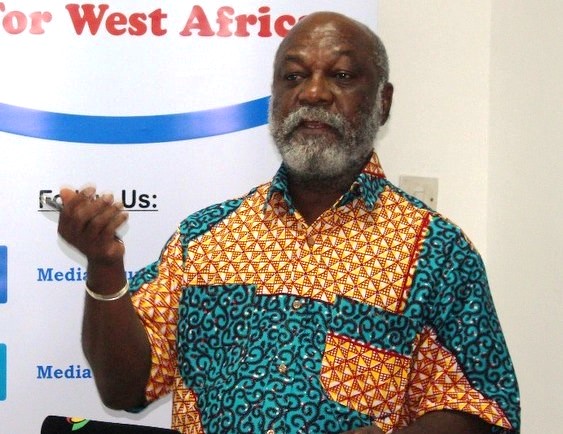Communications Professor and founder of the Media Foundation for West Africa, Kwame Kakari, says the BBC’s sex for grades documentary does not fit to be called a journalistic piece.
According to him, the method employed by the BBC in producing the documentary cannot be used by them [BBC] in other parts of the world including the UK, Europe and the USA.
Speaking to Starr News Ibrahim Alhassan Wednesday, he said “I have a difficulty accepting that the method of creating a scenario and calling it journalism can be accepted as journalism. I’m wondering if the BBC would apply the same method to subjects in the UK or in Europe or in North America. I’ve not seen the BBC using this method of somebody posing as a journalist, exposing something, and the BBC covering that journalist.”
“In investigative journalism, the journalist is known by the subject that the journalist is investigating, in other words the journalist doesn’t hide. So how come the BBC is saying they are creating a scenario on one hand and calling it what it claims to be?,” he quizzed.
When asked if Africa has become a target for the Western media, he said “anything goes in Africa as far as the west is concerned about Africa. Not only the west, but most parts of the world. Because we as ourselves are not working hard enough to pick ourselves from the ground. We are at the backs of everybody’s jokes and it does not surprise me.”
Two lecturers of the University of Ghana have been interdicted over the documentary which accuses them of abusing their positions.
Source: Ghana|Starrfm.com.gh|103.5FM




